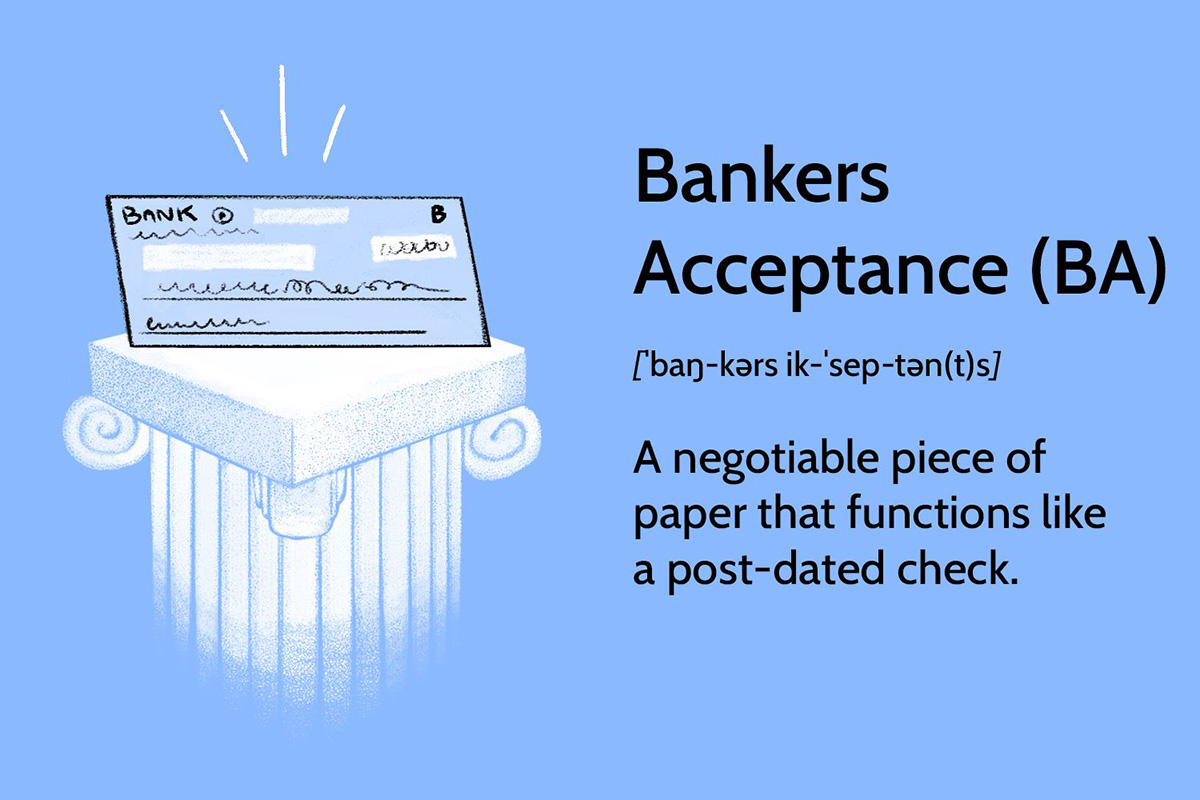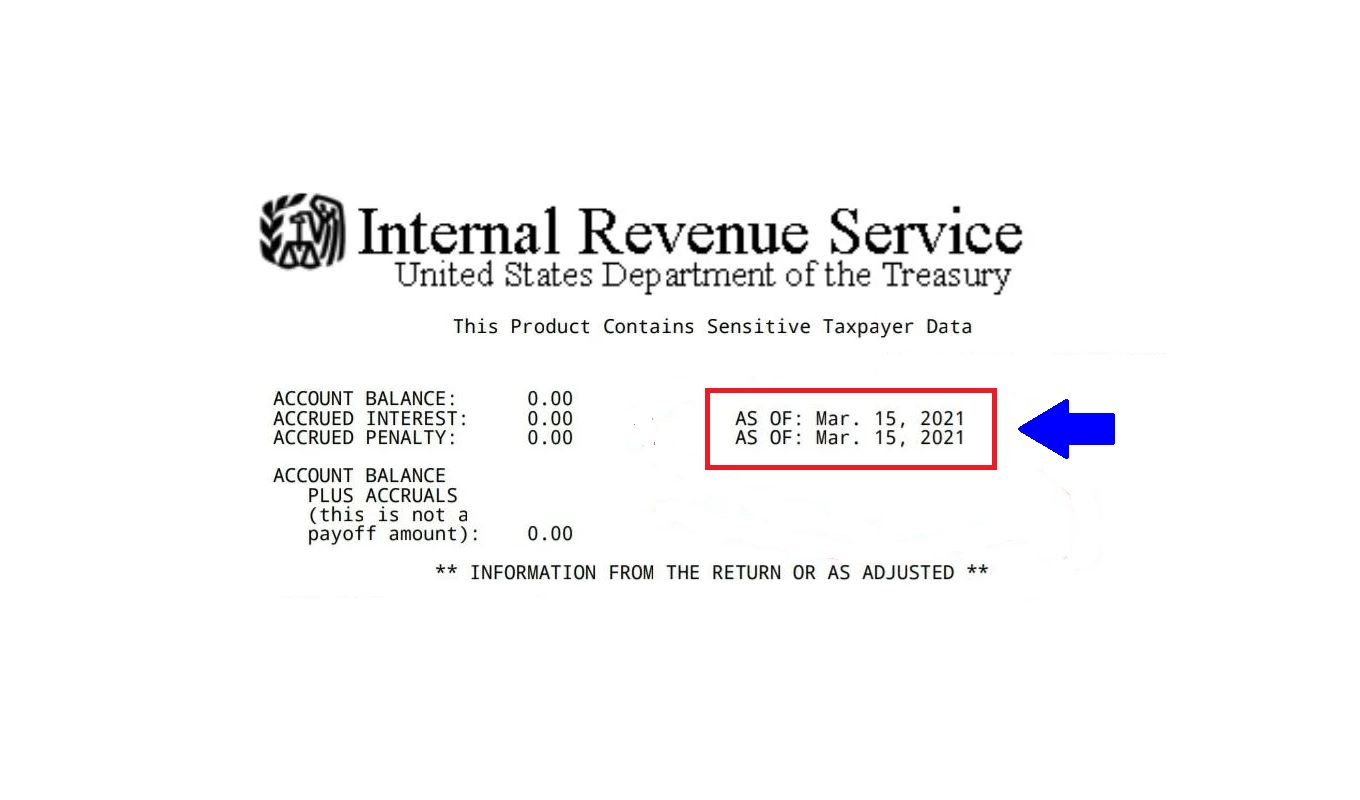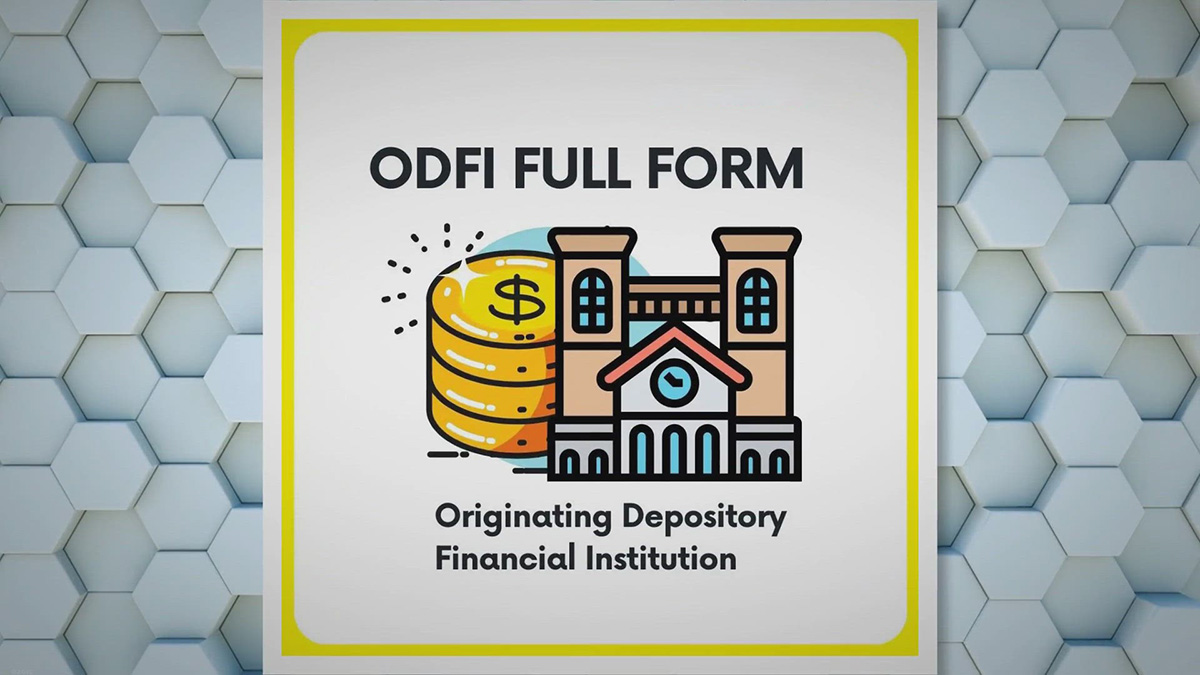

Finance
What Does Post Date Mean In Banking
Published: October 12, 2023
Discover the meaning of post date in banking and its relevance to finance. Explore how this concept impacts financial transactions and account management.
(Many of the links in this article redirect to a specific reviewed product. Your purchase of these products through affiliate links helps to generate commission for LiveWell, at no extra cost. Learn more)
Table of Contents
Introduction
Welcome to the world of banking, where every transaction holds significant importance. One term that you may come across while managing your finances is “post date.” Understanding what post date means in banking is crucial for maintaining control over your accounts and ensuring that your transactions are properly recorded.
When it comes to banking, post date refers to the date on which a transaction is officially recorded in an account. It is the date when the transaction is processed and affects the account balance. This date is determined by the banking institution and may not match the date when the transaction actually occurred.
Post date plays a pivotal role in banking operations, as it helps in tracking and organizing financial transactions. It also plays a significant role in balancing accounts, especially when it comes to managing check payments and electronic transactions.
In this article, we will delve deeper into the definition of post date, its importance in banking, its relationship with transaction dates, how it affects account balances, potential issues that may arise, and why it is vital for every account holder to have a clear understanding of this concept.
Definition of Post Date
In the realm of banking, post date refers to the specific date on which a transaction is officially recorded and affects the account balance. It is the date entered by the bank when processing the transaction and serves as a reference point for tracking and organizing financial activities.
When you write a check or initiate an electronic transfer, the post date represents the date on which the funds will be deducted from your account or credited to the recipient. This date is typically set by the banking institution and may differ from the date you wrote or initiated the transaction.
For example, let’s say you wrote a check for rent payment on the 1st of the month, but you post-date it for the 5th of the month. The banking institution will consider the 5th as the official date of the transaction and will record it accordingly in your account balance.
It’s important to note that post date is different from the transaction date, which is the actual date the transaction occurred. The transaction date reflects when the funds were transferred or the check was issued, while the post date signifies the date the transaction is officially processed and affects the account balance.
Banks often follow specific guidelines or policies when it comes to post-dating transactions. These policies can vary from one institution to another, so it is crucial to familiarize yourself with your bank’s guidelines regarding post-dated transactions.
Understanding the definition of post date is essential in managing your finances effectively. Now, let’s explore the importance of post date in banking and how it impacts various aspects of your financial transactions.
Importance of Post Date in Banking
The post date holds significant importance in the world of banking. It serves several important purposes that impact the accuracy of financial records, account balances, and the overall management of banking transactions. Let’s explore why the post date is crucial in the banking industry:
- Accurate Recordkeeping: The post date ensures that financial transactions are accurately recorded in your account. It provides a clear timeline of when transactions are processed, allowing you to track and reconcile your finances effectively.
- Sequencing of Transactions: The post date helps banks maintain the proper chronological order of transactions. This sequencing ensures that payments are processed in the correct order, preventing any potential discrepancies or errors.
- Managing Check Payments: When writing a post-dated check, you can specify a future date for the check to be cashed or deposited by the recipient. This can be helpful for managing cash flow and ensuring that funds are available on the specified date.
- Timing of Debits and Credits: The post date determines when funds will be debited from your account or credited to the recipient’s account. It helps in accurately reflecting the timing of financial transactions, ensuring that account balances are up-to-date.
- Account Reconciliation: By considering the post date, you can reconcile your bank statement with your personal records, such as receipts and transaction logs. This process ensures that all transactions are properly accounted for and any discrepancies can be addressed promptly.
Having a clear understanding of the importance of post date in banking enables you to stay in control of your financial transactions and maintain accurate records. Now, let’s explore the difference between the post date and transaction date and how they relate to each other.
Post Date vs Transaction Date
While the terms “post date” and “transaction date” may seem similar, they have distinct meanings when it comes to banking. Understanding the difference between these two dates is essential for managing your financial transactions effectively. Let’s explore the relationship between post date and transaction date:
Post Date: The post date is the date on which a transaction is officially recorded in your account. It is set by the banking institution and signifies when the transaction is processed, thereby affecting the account balance. The post date serves as a reference point for tracking and organizing financial activities. It helps in maintaining accurate records and sequencing transactions.
Transaction Date: The transaction date, on the other hand, is the actual date when the financial transaction occurs. It represents the date when the funds are transferred or the check is issued. The transaction date reflects the timing of the transaction, irrespective of when it is officially recorded in the account.
For example, let’s say you make a purchase using your credit card on January 3rd. The transaction date is January 3rd, as that is when the actual purchase took place. However, the banking institution may record this transaction with a post date of January 5th, indicating when it is officially processed and reflected in your account balance.
It’s important to note that both the post date and transaction date are relevant in banking, but for different purposes. The post date is used for tracking and organizing transactions, while the transaction date signifies the timing of the actual financial activity.
Understanding the distinction between post date and transaction date allows you to interpret your account statements accurately, reconcile transactions, and have a clear understanding of the timeline of your financial activities. Now, let’s explore how post date affects the account balances in your banking transactions.
Post Date and Account Balances
The post date plays a crucial role in determining the accuracy of your account balances in banking transactions. It affects how transactions are recorded and reflected in your account. Understanding the dynamics between post date and account balances is essential for managing your finances effectively. Let’s explore how post date impacts your account balances:
When a transaction, such as a purchase or payment, is processed by the bank, it is assigned a post date. This date serves as the official recording date for the transaction in your account. It is the date when the transaction affects your account balance.
For example, let’s say you made a credit card payment of $500 on the 25th of the month. However, the banking institution assigns a post date of the 27th. On the 25th, your account balance will still reflect the $500 credit because the transaction has not been processed yet. On the 27th, the post date, the transaction is officially recorded, and your account balance will be updated to reflect the deduction of $500.
Similarly, when you deposit a check or receive a direct deposit, the post date determines when the funds will be credited to your account and reflected in your balance. Until the post date, your account balance may not reflect the deposited funds.
The post date also plays a significant role in managing checks. When you write a post-dated check, you are specifying a future date on which the recipient can cash or deposit the check. Until the post date arrives, the amount of the check is not deducted from your account balance.
Understanding the relationship between post date and account balances is crucial for effectively managing your finances. It allows you to anticipate when transactions will affect your account balance and plan your spending and budgeting accordingly.
Now that we have explored how post date affects account balances, let’s dive deeper into how it impacts various aspects of banking transactions.
How Post Date Affects Banking Transactions
The post date has a significant impact on various aspects of banking transactions. It affects the timing, processing, and recording of transactions, which in turn influences your account balances and financial management. Let’s take a closer look at how post date affects different aspects of banking transactions:
- Transaction Processing: The post date determines when a transaction is officially processed by the bank. It signifies the date on which the transaction affects your account balance. Until the post date arrives, the transaction may not be reflected in your account, and the corresponding funds may not be deducted or credited.
- Account Balances: The post date plays a crucial role in ensuring accurate account balances. Only after the post date, will the transaction be included in the calculation of your account balance. It helps you keep track of your available funds and avoid overdrawing your account.
- Check Clearing: If you write a post-dated check, the recipient cannot cash or deposit it until the specified post date arrives. This allows you to manage the timing of your payments and ensures that funds are available when the check is presented for clearing.
- Electronic Transactions: The post date is also relevant for electronic transactions, such as online transfers or bill payments. In these cases, the post date represents the date when the funds are debited from your account or credited to the recipient’s account, affecting the corresponding account balances.
- Timing of Fund Availability: When you deposit a check or receive a direct deposit, the post date signifies when the funds will be available for withdrawal or use. Until the post date arrives, the deposited funds may not be immediately accessible in your account.
Understanding how post date affects banking transactions allows you to plan your finances effectively, avoid any potential overdrafts or payment delays, and maintain accurate records of your transactions. Now, let’s explore some common issues that may arise in relation to post dating in banking.
Common Issues Related to Post Date
While post dating is a common practice in banking, it can sometimes lead to certain issues or misunderstandings. It’s important to be aware of these potential problems to avoid any financial complications. Let’s explore some common issues related to post dating in banking:
- Account Balance Miscalculations: One common issue arises when account holders fail to account for the post date, leading to inaccuracies in their account balances. If you overlook the post date of a transaction, you might end up overdrawing your account or experiencing unexpected discrepancies in your funds.
- Unclear Payment Timing: When you post-date a check for a future date, it’s crucial to communicate this clearly to the recipient. The recipient may inadvertently try to cash or deposit the check before the post date, causing confusion and potential non-sufficient funds (NSF) situations.
- Delay in Fund Availability: When you deposit a check or receive a direct deposit, the post date determines when the funds will be made available in your account. If you require immediate access to the funds, it’s essential to consider the post date and make alternative arrangements if needed.
- Incorrect Transaction Timing: It’s important to be mindful of the post date when scheduling electronic transactions or bill payments. If you mistakenly schedule a transaction with a later post date than intended, it may result in delayed payments or financial obligations.
- Banking Institution Policies: Different banks may have varying policies regarding post-dated transactions. It’s crucial to familiarize yourself with your bank’s guidelines to avoid any potential issues or conflicts with regards to post dating.
To navigate these issues, it’s recommended to stay vigilant, maintain accurate records, and communicate clearly with both your bank and any recipients of post-dated checks. Regularly reviewing your account statements and double-checking the post dates of transactions can mitigate these common issues.
Understanding these potential pitfalls associated with post dating can help you effectively manage your finances and prevent any unnecessary complications. Now, let’s summarize the importance of understanding post date in banking transactions.
Conclusion
Post date plays a vital role in the world of banking, influencing the timing, processing, and recording of transactions in your account. It is crucial to understand the definition and significance of post date to effectively manage your finances and maintain accurate records.
We explored how post date is different from transaction date, with the former representing the official recording date in your account and the latter reflecting the timing of the actual financial activity. Understanding this distinction helps you interpret your account statements accurately and reconcile your transactions.
The importance of post date in banking transactions cannot be overstated. It helps in accurate recordkeeping, sequencing transactions, managing check payments, and correctly timing debits and credits. Post date also impacts your account balances, ensuring that transactions are properly reflected at the appropriate time.
While post dating can bring efficiency to your financial management, it’s essential to be aware of potential issues. Account balance miscalculations, unclear payment timings, delays in fund availability, incorrect transaction timing, and various banking institution policies can pose challenges. Staying vigilant, maintaining accurate records, and communicating clearly can mitigate these issues.
In conclusion, understanding post date in banking is crucial for maintaining control over your accounts, reconciling transactions, and effectively managing your finances. By familiarizing yourself with the concept of post date and its implications, you can make informed decisions, avoid potential pitfalls, and ensure the smooth functioning of your banking transactions.














